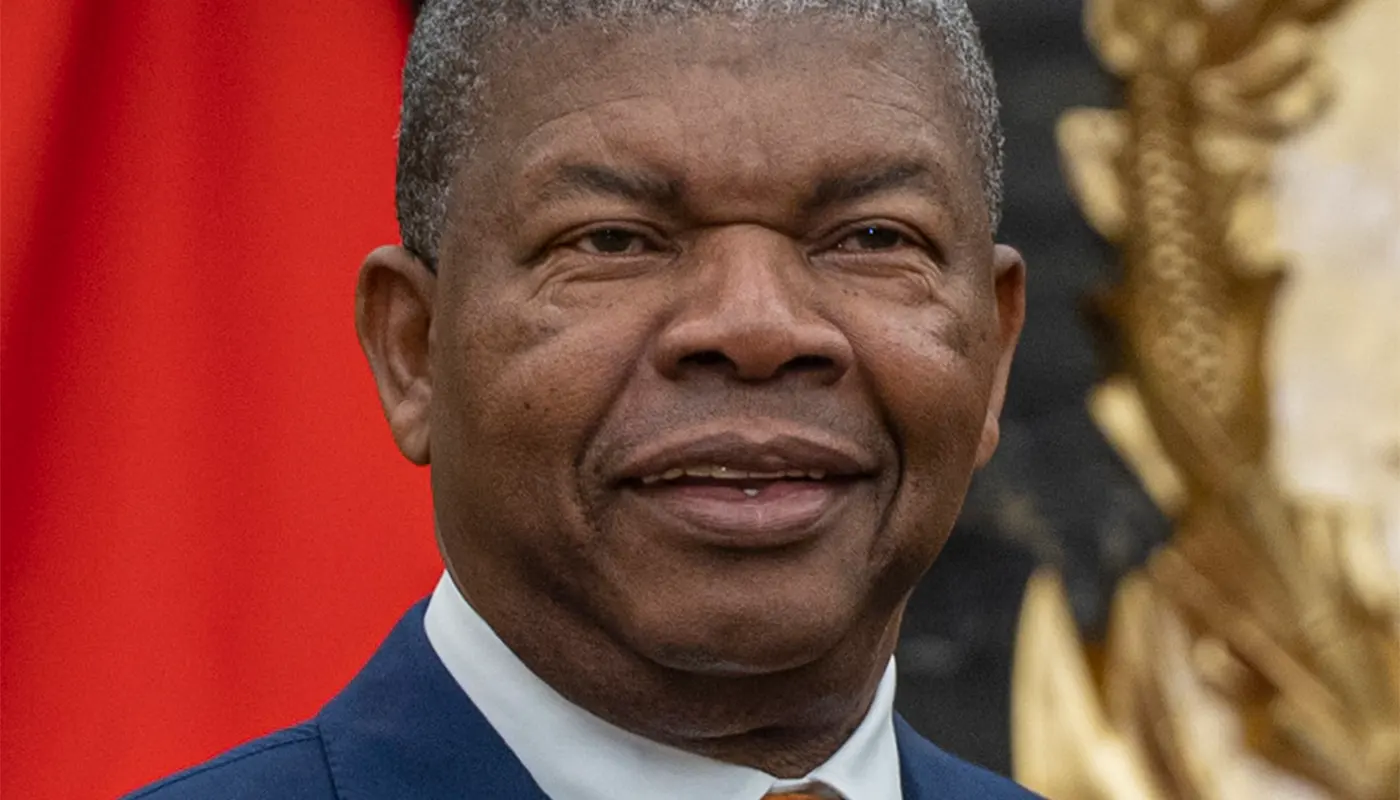LUANDA, ANGOLA – Violent protests erupted in Angola’s capital, Luanda, on Monday following the government’s controversial decision to increase fuel prices, resulting in widespread unrest, over 500 arrests, and at least four reported fatalities.
According to a statement issued by Angolan police on Tuesday, more than 500 individuals were detained amid escalating demonstrations sparked by the removal of fuel subsidies and a one-third rise in diesel prices. Authorities confirmed fatalities but did not provide specific details regarding the circumstances of the deaths.
Protests led to extensive vandalism and looting across Luanda, with businesses, banks, and private vehicles targeted. Despite police crackdowns, “pockets of disorder” persist throughout the city, police spokesperson Mateus Rodrigues reported.
The Angolan government announced the fuel price hike earlier in July, citing economic reforms. In response, ANATA—the national taxi association—called for a three-day strike beginning Monday. The group also condemned the violence, although it vowed to continue the strike as planned. Public transport across Luanda was heavily affected as taxi drivers, operating the city’s iconic blue-and-white “candongueiros,” raised fares by 50%.
The unrest reflects deeper discontent among Angolans, who are grappling with soaring inflation and economic hardship. Many demonstrators expressed frustration at the rising cost of living and a perceived lack of empathy from the ruling MPLA government, in power since Angola’s independence in 1975.
Sociologist Luzia Moniz criticised the state for contributing to the nation’s economic instability, stating, “Vandalism begins with the political establishment, which abandons its citizens.” She cited alarming figures, including youth unemployment nearing 60% and the daily death of 46 children due to malnutrition. Moniz called for dialogue and political reform before the end of President João Lourenço’s current term in 2027.
Angola, despite its oil wealth, continues to struggle with governance and corruption. Transparency International ranks the country poorly on its Corruption Perceptions Index, scoring just 32 out of 100. In 2020, the “Luanda Leaks” scandal exposed how Isabel dos Santos, daughter of former president José Eduardo dos Santos, allegedly amassed a $2 billion fortune through public fund embezzlement.
As Angola attempts to push forward with economic reforms, the government’s ability to maintain stability while addressing public grievances remains under intense scrutiny.





